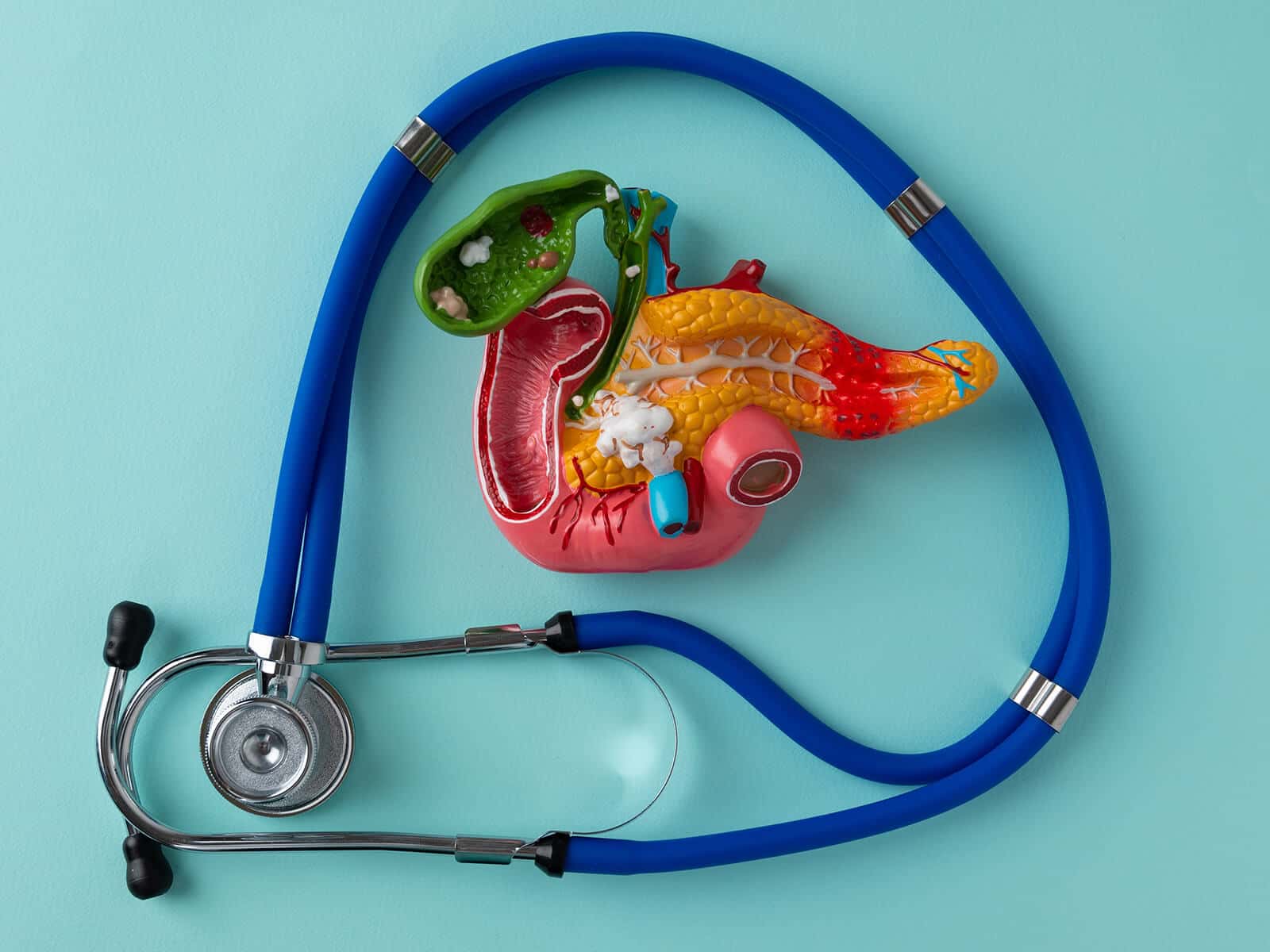
The problem with the pancreatic insufficiency is that you have a pancreas that cannot synthesize enough digestive enzyme to make sure that the fats, proteins and carbohydrates are absorbed. Without these enzymes, your body will be unable to get the required valuable nutrients. It is known as exocrine pancreatic insufficiency (EPI).
With the early detection of the signs, complications can be avoided. Look for signs like:
Supposedly, pancreatic insufficiency can be caused by a number of health issues and factors:
The latest diagnostics are being combined with the designed feeling of caring and individual treatment into the GastroDoxs in Houston to be in charge of the pancreatic insufficiency. With distinctive enzyme substitution schemes to nutritional guidance and unlimited supplies, our professional staff will position to help you obtain your regular digestion, restore your energies and improve the quality of life. Do you want to be more healthy and secure your wellbeing? You can make the first step to become a healthy eater by doing it today by booking a visit with our experts in Houston.
We've successfully treated more than 1K patients, helping individuals improve their digestive health and overall well-being through expert, personalized care.
With over 20 years of experience, GastroDoxs has been a trusted provider of gastroenterology care, focusing on delivering the best outcomes for patients
The origins of pancreatic insufficiency are chronic pancreatitis, cystic fibrosis, surgery of the pancreas, diabetes, and certain drugs that suppress the activities of the pancreatic gland in the digestive enzyme production.
Diagnosis usually provides stool tests in an attempt to determine the content of fat, imaging tests such as CT or MRI to assess the pancreas and such tests as blood tests in an attempt to assess nutritious status and enzyme levels.
On top of the food that enhances absorption of nutrients and helps in digestion, there must be a nutritious and low-fat meal with the pancreatic enzyme replacement therapy (PERT).
In spite of the fact that there is no long-term therapy, there are enzyme replacement and diet management that are conducted on long terms to control the symptoms and guarantee healthy digestion.
On the other hand, though you still should consult your doctor first, most patients require the prescription strength of taking PERT to ensure that they do not over or under dosage them.
The pills to be used are enzyme pills to be taken along with each meal and snack. Your physician will specify the dose differentially, based on the size of you, and the content of your meal in terms of fat.
Yes. There are deficiencies in fat-soluble vitamin (A, D, E, and K) which are very common hence the doctor may give a supplement to balance out the diet.
With adequate enzyme substitution, nutritional adjustments and healthcare maintenance, rather many of the patients can obtain weight increase and boost their stamina.
Firstly, the routine follow-ups are normally 4-6 weeks to alter doses of enzymes. As soon as it stabilizes, the visits may be conducted once a year in 6-12 months.
Medical records and insurance claims of exocrine pancreatic insufficiency are coded using ICD-10 code K90.4.